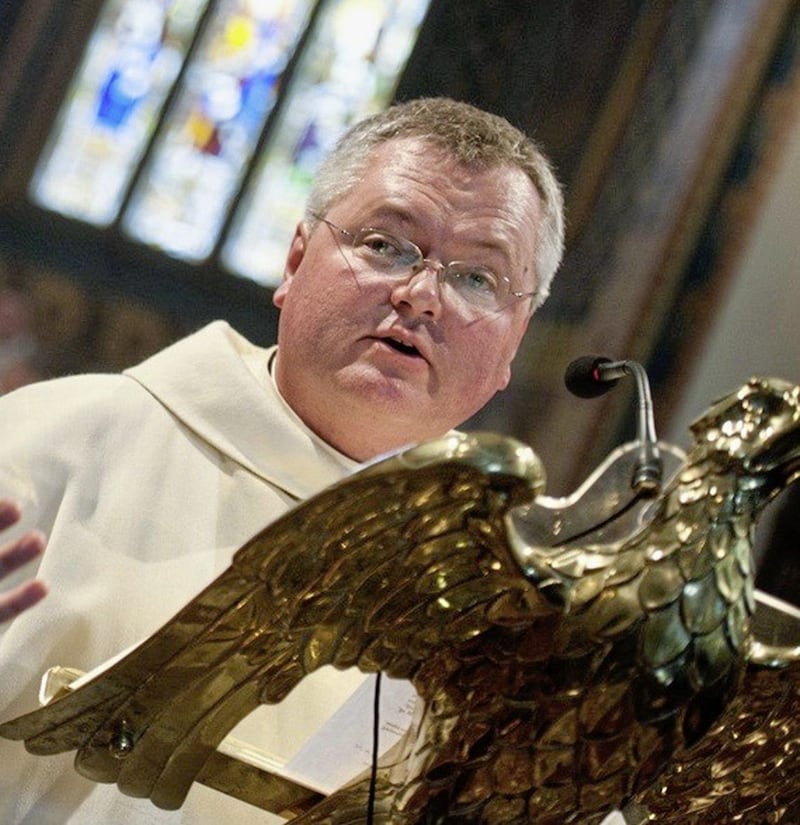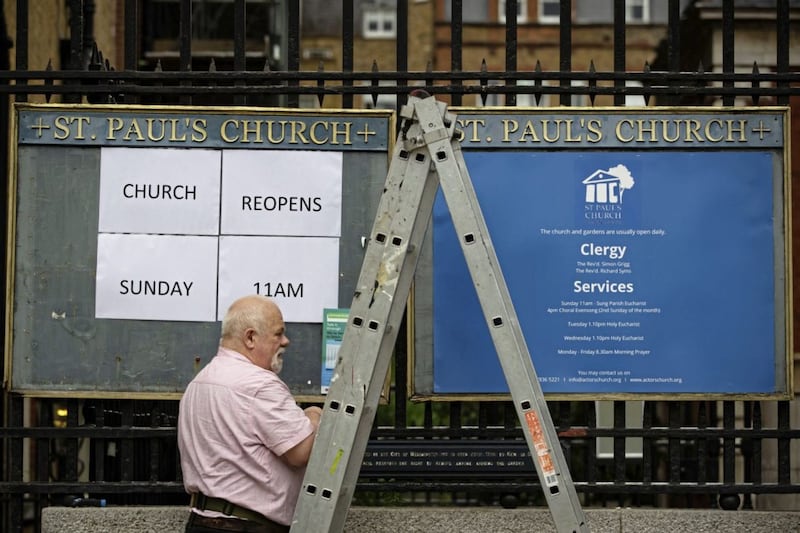HOW often have you met someone who can recall a time when no-one thought of locking their doors? How times have changed.
Pope Francis once commented that we are not so much living in "an age of change as a change of the ages".
People's expectations, outlook and even intellectual formation are very different to what they once were.
The Church's initial response to this profound societal shift came in the form of the Second Vatican Council. It ushered in a series of reforms meant to help the Church respond to the challenges she faced in the modern world.
Some people suggest those reforms have weakened the Church. They argue that we need to 'go back to the future', as if recovering practices of the past would reverse that decline. It sounds suspiciously like saying our streets would be safer if we all just unlocked our front doors.
Einstein is supposed to have said that the definition of insanity is to do the same thing over and again expecting different results.
One of the big intellectual shifts of the modern age has been the subjectivisation of truth. People will say that what is true for one person is not necessarily true for another.
In the Church we have always sought to catechise each generation but how do you teach a people for whom the very basis of communication has been undermined? For whom the proposition 'Jesus is God' may be regarded as simultaneously true for a Christian and untrue for an unbeliever?
More efficient and clearer teaching may help the faith of those already committed to Christ but it is unlikely to have much impact on those who do not go to Church.
Those distrustful of the Church are happy to see her confined to the sacristy and woe betide any bishop, priest or lay person who dares to question the doctrines of the secular age
In many places the Church is indeed on retreat as she withdraws from the public realm.
Catholic institutions such as schools and hospitals are given over if not to secular authorities certainly to a secular mindset.
Those distrustful of the Church are happy to see her confined to the sacristy and woe betide any bishop, priest or lay person who dares to question the doctrines of the secular age.
In many ways we have been complicit in that retreat. How much energy have we spent over the last 50 years arguing about liturgy and internal Church affairs?
It is as if we have raised up a generation of consumers in our parishes focused on their personal likes and dislikes, rather than a generation of disciples fired up to share Christ with their friends and colleagues.
Pope Francis has told us again and again that we can't go on like this. He warns parishes not to be only concerned with what goes on within their four walls, not to be 'self-referential' as he puts it.
He calls on young people to stir things up and do things differently, hagan lio, to use his words. He tells priests that there must be an element of the kerygma in every sermon they preach.
And he has put evangelisation at front and centre of the Church's life.
There is nothing about this that should surprise us. St Pope Paul VI had already taught that the "church exists to evangelise".
He called evangelisation her "deepest identity" and his words have been echoed by every Pope since then.
Perhaps it is time to take heed.
Fr Stephen Langridge is parish priest of St Elizabeth of Portugal Parish, Richmond and an associate of the Divine Renovation parish renewal network. He gave the keynote address at this year's conference for the priests and deacons of Down and Connor Diocese.









